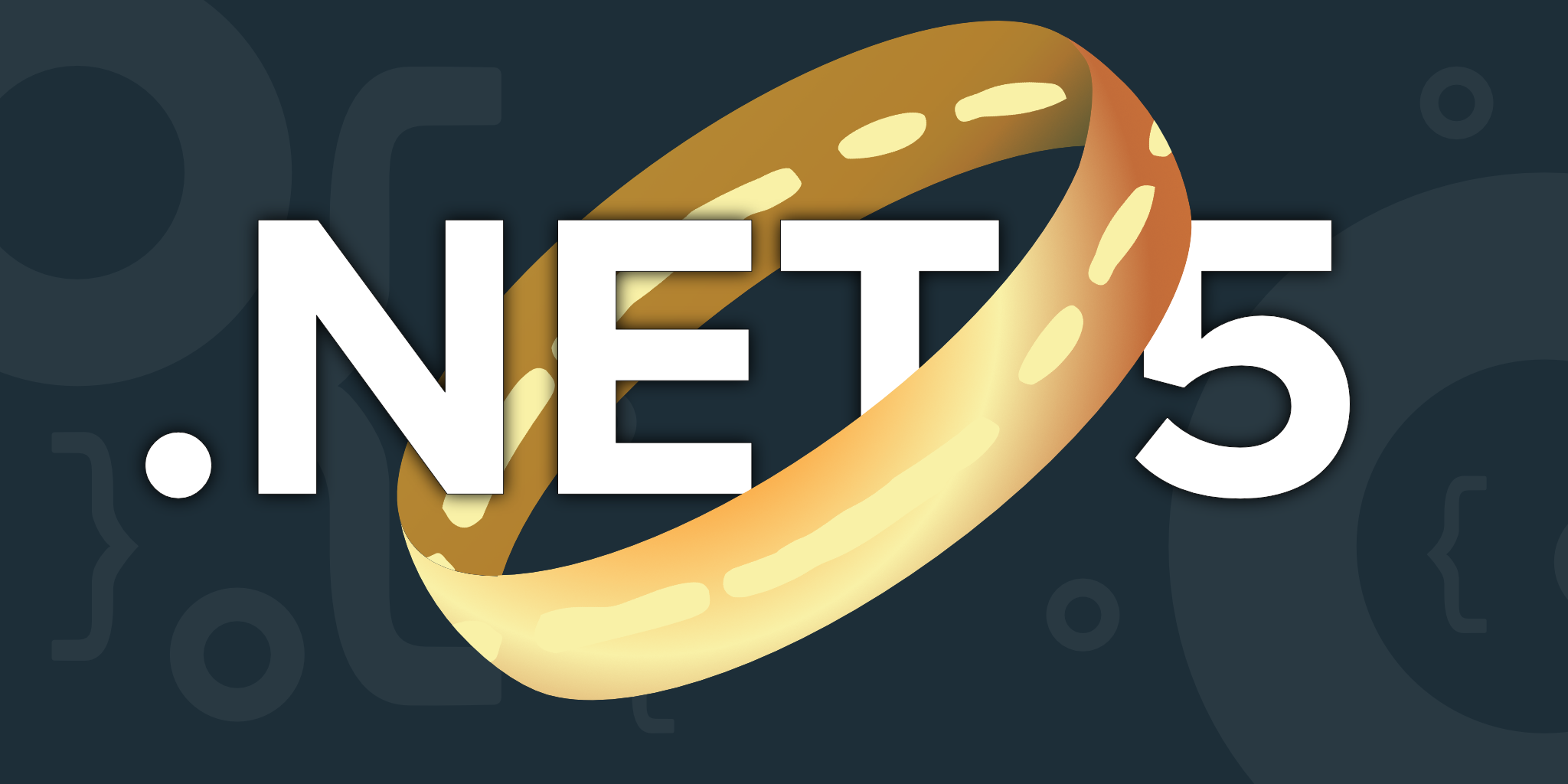It’s time to get jazzed about the future of the .NET ecosystem!
It’s hard to believe that .NET only came out in 2002. There are so many versions of the framework, rapidly changing the places a C# developer could create and support. The entire ecosystem just turned 18, and it has been confusing at times with versioning. I fell in love with how powerful the platform was, but often, choosing to upgrade to the latest major or minor version proved difficult. How much actual value would I get from upgrading?
I am so pleased that .NET 5 Preview 2 is here just a month after the first preview - and it gives a hands-on look at why this will be something every C# developer should pay attention to:
Unity.
Now, I’m not talking about Unity the gaming engine or the Unity container project all about inversion of controls (IOC) and dependency injection (DI). I’m talking about the unity of ALL THINGS .NET.
Can you see how naming things can be rather difficult?
Understanding what someone is talking about when they say, “.NET” is a matter of context. Since the initial release of .NET Core in 2016, There has been a clarification required whenever I was speaking about building an application. Many of the projects I worked on had a reliable experience with .NET Framework 4.5+, and reasons to upend everything and switch over to a completely different set of APIs and libraries was a daunting task. To add to the value of change question, the new versions of Framework were still being released alongside new versions of .NET Core.
#dotnet #c-sharp #web-development
